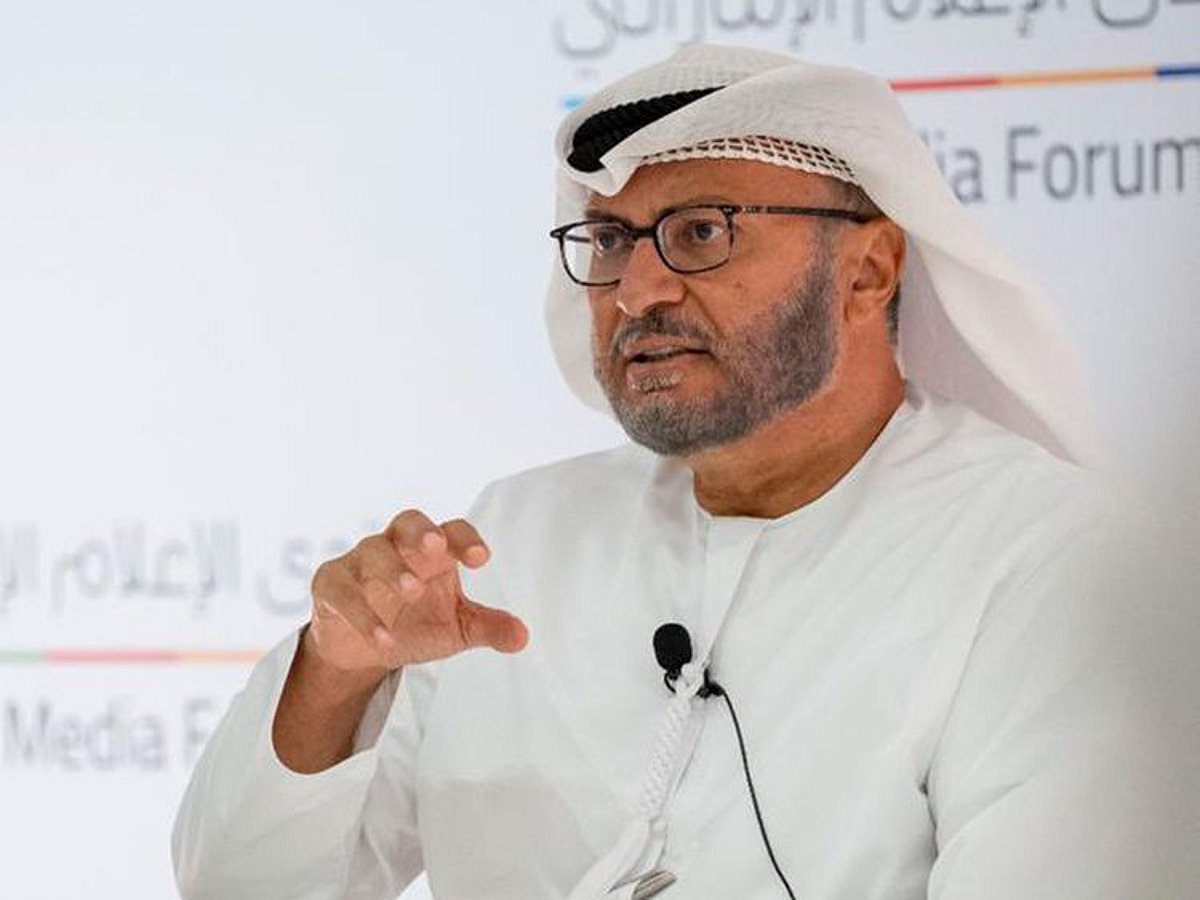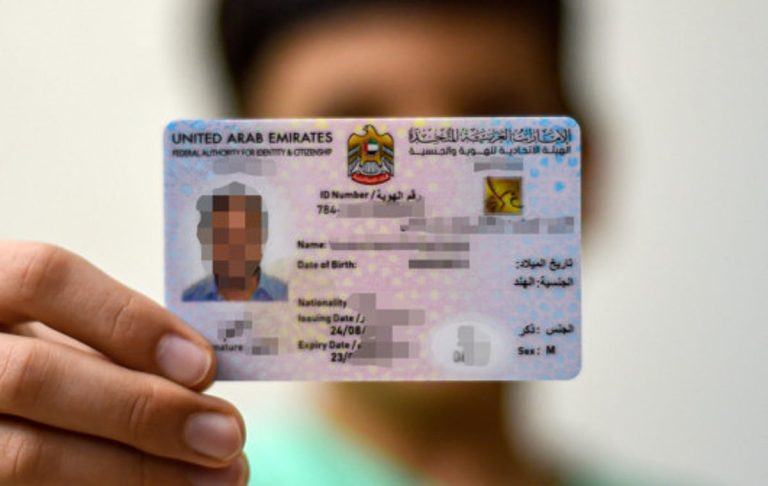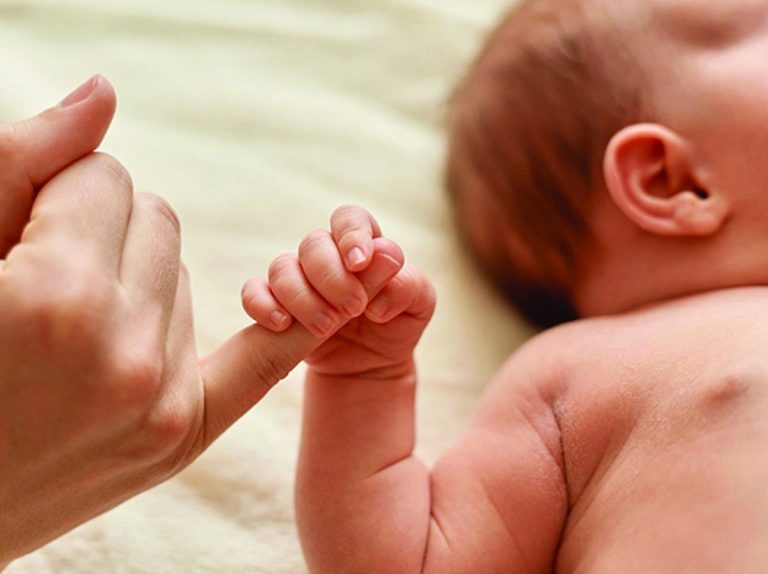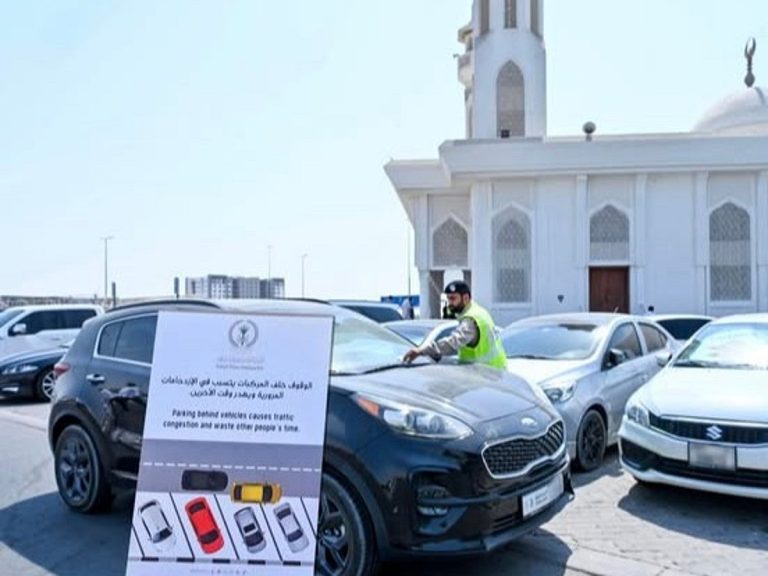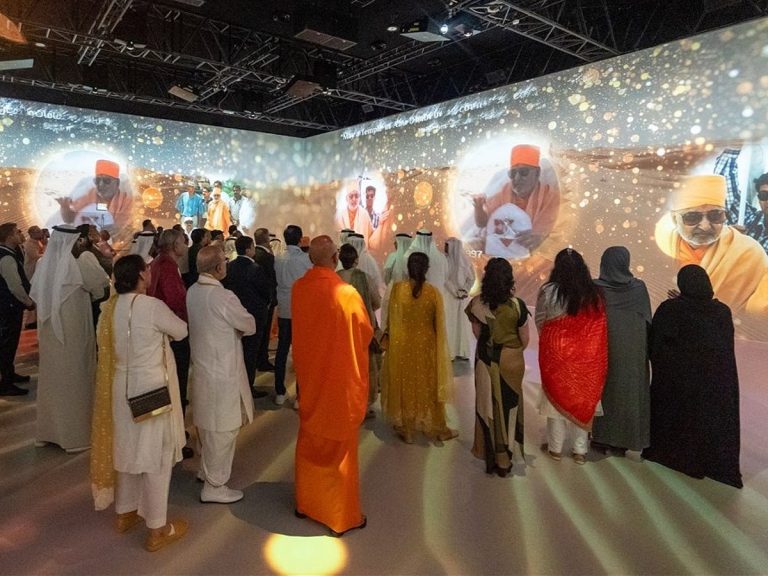UAE Hesitant on Joining Gaza Stabilization Force
The United Arab Emirates (UAE) has expressed reservations about joining the proposed international stabilization force for Gaza. Dr. Anwar Gargash, the diplomatic adviser to the UAE President, emphasized that the lack of a clear operational framework is a significant factor in this decision.
Concerns Over Framework and Participation
During the Abu Dhabi Strategic Debate forum, Gargash stated, “The UAE does not yet see a clear framework for the stability force, and under such circumstances, it will probably not participate in such a force.” This statement highlights the UAE’s cautious approach to international military involvement in the region, particularly in light of ongoing conflicts.
The stabilization force, coordinated by the United States, is anticipated to include troops from Egypt, Qatar, and Turkey. U.S. President Donald Trump recently indicated that the deployment of this force could occur “very soon,” coinciding with a fragile ceasefire that has emerged following two years of intense conflict in Gaza.
UN’s Role and Mandate
The United Nations Security Council is preparing to negotiate a resolution that would authorize a two-year mandate for both a transitional governance body and the stabilization force. This force is intended to protect civilians, secure border areas, and train Palestinian police. UN Secretary-General Antonio Guterres has stressed that any stabilization force must possess “full international legitimacy” to effectively support the Palestinian population in Gaza.
According to reports, the proposed UN resolution would allow for a stabilization force of up to 20,000 troops, granting them the authority to use “all necessary measures” to fulfill their mandate, which includes the potential use of force.
UAE’s Commitment to Humanitarian Aid
Despite its hesitance to join the military stabilization efforts, Gargash reaffirmed the UAE’s commitment to political solutions and humanitarian assistance. He stated, “But it will support all political efforts aimed at peace and will remain at the forefront of countries providing humanitarian aid.” The UAE has contributed over $2.57 billion in aid throughout the conflict, underscoring its role as a significant humanitarian actor in the region.
At a recent summit, Gargash reiterated the UAE’s support for a two-state solution, which aims to provide security for Israel while establishing a viable state for Palestinians. He noted that the UAE’s humanitarian efforts have been bolstered by its diplomatic relations with Israel, allowing for more effective aid delivery.
Leveraging Diplomatic Relations
Gargash explained that the UAE’s ability to provide substantial aid is not solely due to its generosity but also a result of its strategic partnerships. He stated, “If we had no relationship with Israel, we wouldn’t have been able to bring 3,000 Palestinians and their families here.” This highlights the complex interplay between diplomacy and humanitarian efforts in the region.
FAQs
Why is the UAE hesitant to join the stabilization force?
The UAE is concerned about the lack of a clear operational framework for the stabilization force, which has led to its reluctance to participate.
What is the purpose of the proposed stabilization force?
The stabilization force aims to protect civilians, secure border areas, and train Palestinian police in Gaza, following a fragile ceasefire.
How much humanitarian aid has the UAE provided to Gaza?
The UAE has provided over $2.57 billion in humanitarian aid to Gaza, emphasizing its commitment to supporting the Palestinian population.
Conclusion
The UAE’s decision not to join the Gaza stabilization force reflects its cautious approach to military involvement in the region, driven by concerns over operational clarity. However, the UAE remains committed to humanitarian assistance and political efforts aimed at achieving peace, continuing to play a vital role in supporting the Palestinian people. As discussions progress, the international community will be watching closely for developments regarding the stabilization force and the broader peace process.
The UAE’s hesitance also reflects broader regional dynamics, where countries weigh their military engagements against domestic and international political considerations. The involvement of multiple nations in the stabilization force underscores the complexity of achieving consensus on security measures in a volatile environment.
As the situation evolves, the UAE’s strategic decisions may influence other nations’ stances regarding military involvement in Gaza. The interplay between humanitarian efforts and military action remains a critical aspect of the ongoing discourse surrounding the Israeli-Palestinian conflict.
Also Read:
UAE Urges Humanitarian Ceasefire in Sudan Crisis
Record 10,000 Athletes at Abu Dhabi Jiu-Jitsu Championship
Abu Dhabi Court Orders Dh42,000 Compensation for Embezzlemen

